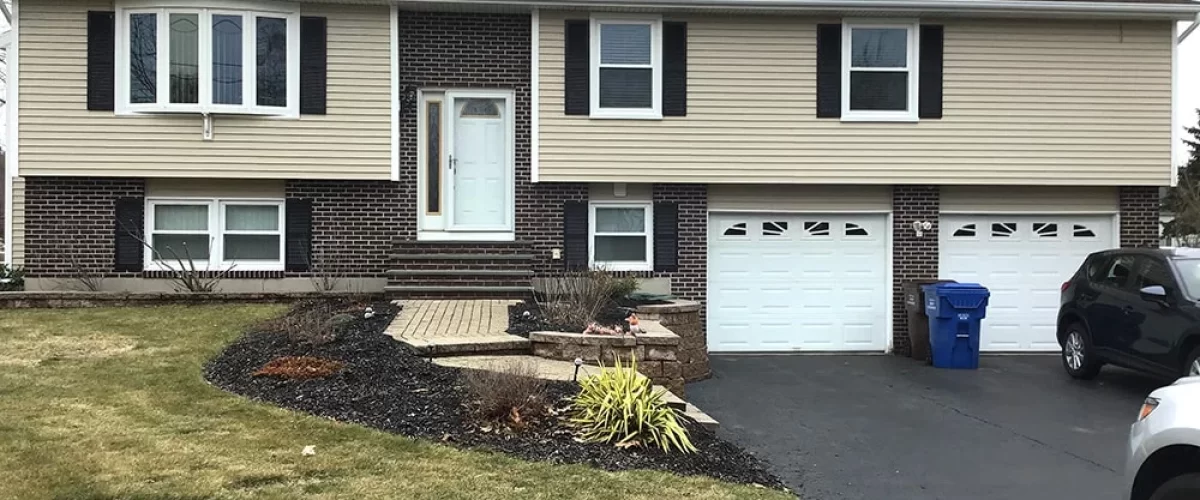Vinyl home siding has only been on the market for about 60 years, but for such a short time it’s already done a lot. In addition to becoming one of the most popular materials for residential home siding (a trend that’s only growing), it’s also managed to get a few troublesome myths about it. If you’re interested in getting vinyl siding for your Connecticut home, let us at Aladdin Inc. in Hamden help you make a more educated decision by dispelling some of the most common vinyl siding myths.
Myth: Vinyl Siding Isn’t Safe
One of the most prominent myths surrounding vinyl home siding is that it’s not safe. In fact, nothing could be further from the truth. Some people think that since the PVC used to make vinyl siding is a man-made plastic, it must be full of harmful chemicals that will harm anyone who comes near it. The truth is that any potentially dangerous chemicals in vinyl siding, dioxins for instance, would only be harmful during the manufacturing process. Once it makes its way on to your home, the siding is stable and harmless.
Another safety concern surrounding vinyl siding is that it could make house fires more severe. Actually, PVC siding is naturally fire retardant – not igniting until it reaches 730°F (lumber or wood ignites at closer to just 500°F). It also extinguishes more easily than many other options, because it needs a higher than normal amount of atmospheric oxygen to sustain combustion. (Source)
While it is true that vinyl siding releases many dangerous fumes when it is ignited, this is hardly unique. Anything that burns will release carbon monoxide, for instance, whether it’s PVC or wood. When it comes right down to it, vinyl siding is as safe as anything else on the market.
Myth: Vinyl Siding is Flimsy
Vinyl siding is one of the most durable materials you can have on your home. Highly resistant to heat and cold, resistant to moisture and the rot and mold that comes with it, and capable to withstanding hurricane-force winds (up to 110 mph), if vinyl is anything it’s durable.
This durability also translates into longevity – the International Association of Certified Home Inspectors estimates that vinyl siding should last for at least 60 years, with very little maintenance.
Myth: Vinyl Siding is Ugly
Vinyl siding comes with a wide variety of colors, forms, textures, and other custom options. Your home’s siding is what it projects to the world, and with vinyl you can decide exactly what you want it to look like. Especially these days, advancements in manufacturing technology and a booming market for new designs has taken vinyl siding well beyond the days when it was just an imitation of cedar clapboards.
It also doesn’t require frequent painting, making it a low-maintenance option to boot.
Myth: Vinyl Siding isn’t Environmentally Friendly
It might make sense at first glance that vinyl siding would be less of a “green” option than a natural material like wood or stone, but when you factor in the entire service life of each option, vinyl actually comes out ahead of a lot of the competition. Vinyl lasts a long time and requires very little maintenance, making it score higher in a Life Cycle Assessment than competitors like brick and fiber cement. It can also be recycled when its lifespan finally is over, unlike even wood siding.
In the end, vinyl siding is a safe, attractive, flexible option for any homeowner, and hopefully we’ve helped to dispel some unfair notions about it.


